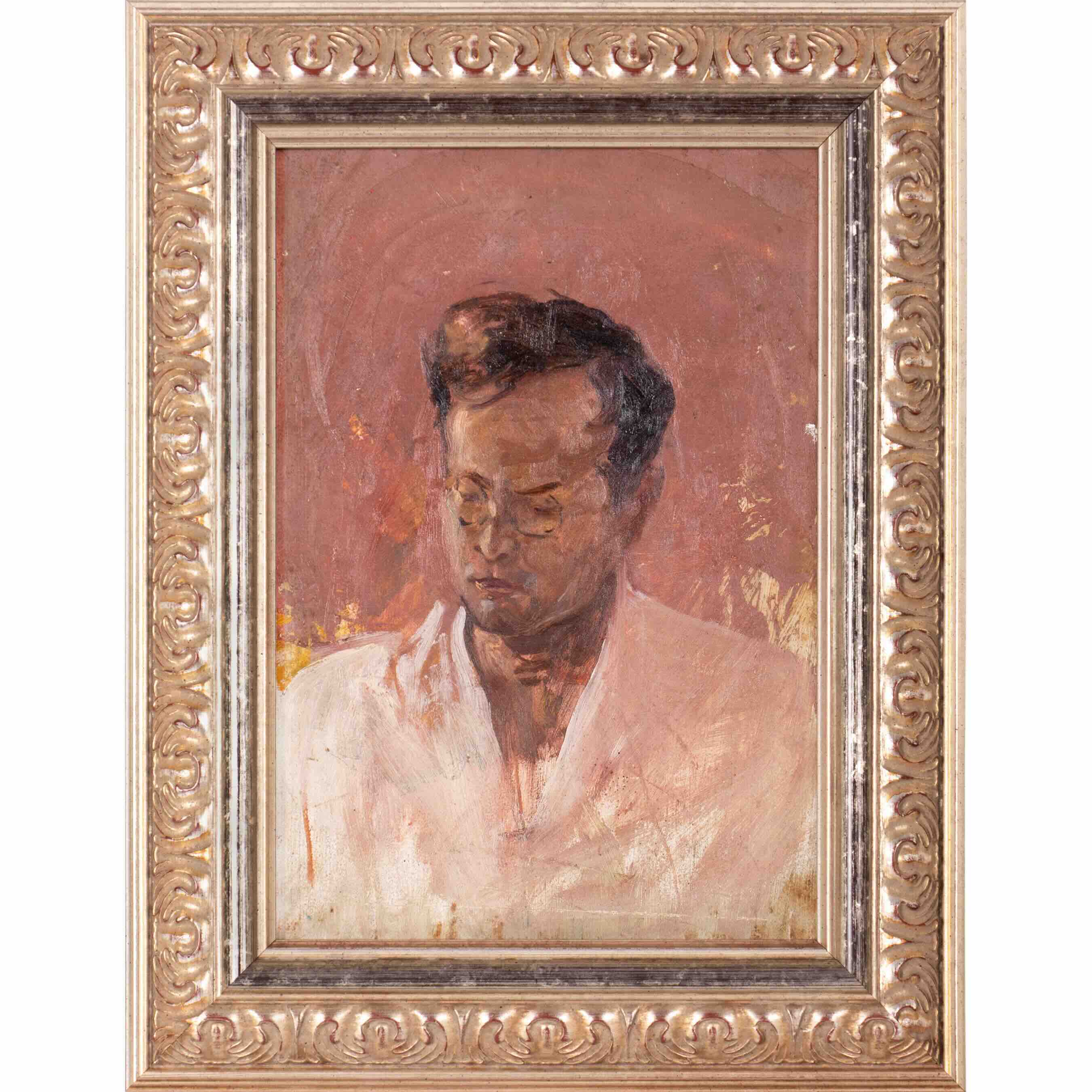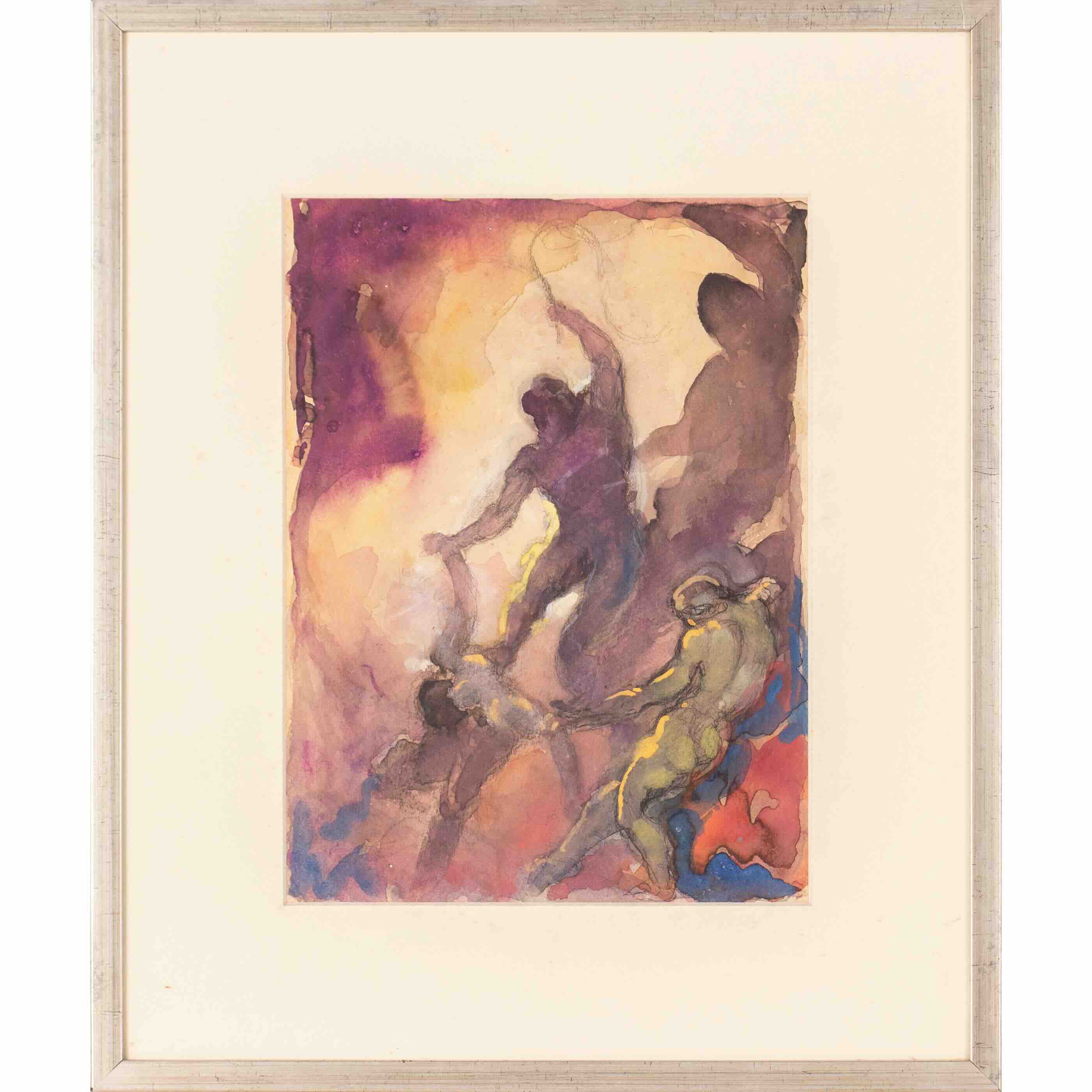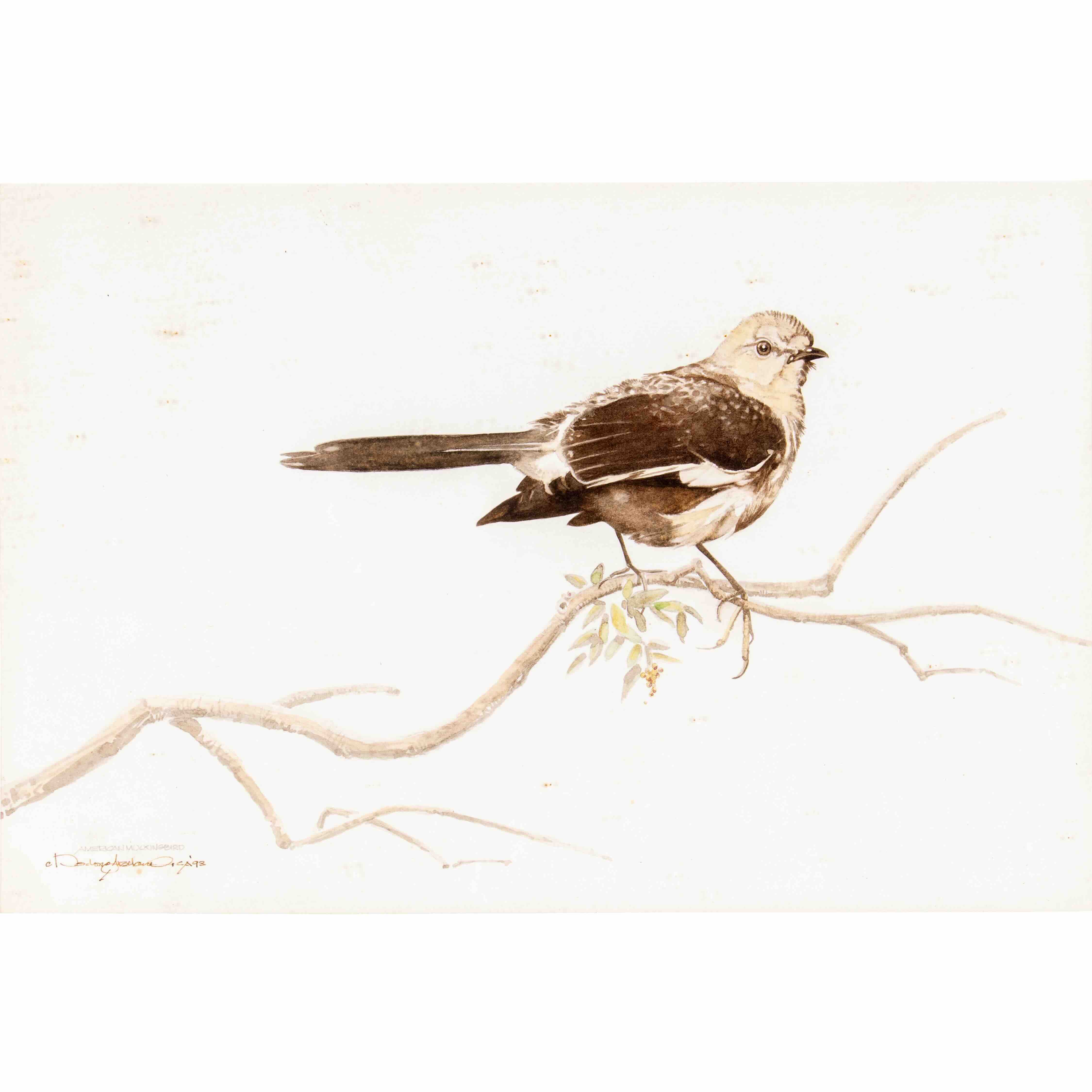Juan M. Arellano : The unsung modernist of Philippine art
The man who steered Philippine architecture towards modernity cast his shadow in the world of Philippine art as well, being a painter of remarkable skills and foresight
By MB Lifestyle
Words by Devi De Veyra
In a rare outing, three artworks by esteemed architect Juan M. Arellano are up for bidding at Salcedo Auctions’ upcoming “Under the Tree: The Wish List” sale. Though highly regarded in the field of architecture, Arellano rarely exhibited his paintings which truly deserve a reassessment.

According to Filipino architect and art critic Carlos da Silva, Arellano would have been a “successor of Juan Luna” had Manila’s most iconic pre-war architect decided to follow his first passion in painting instead. Arellano chose to pursue a career in architecture, and became the master builder of the country’s highly treasured heritage structures. Among them, the neoclassical buildings of the National Museum of the Philippines and The Manila Central Post Office, as well as grand dames of the country’s Art Deco landscape - the Metropolitan Theater and the Rizal Memorial Coliseum.

The man who steered Philippine architecture towards modernity cast his shadow in the world of Philippine art as well, being a painter of remarkable skills and foresight. Though his paintings are often linked to the European movements of his time, da Silva noted that they also bear close resemblance to Luna’s later Impressionist style–dramatic and very impulsive, which reverberates in Arellano’s burst of vivid colors in spontaneous strokes.
Arellano’s early landscape, titled “Forest,” is in fact considered as one of the first Filipino impressionist paintings, a pivotal piece that helped spark the emergence of modernism in the country, way ahead of National Artist Victorio Edades who is considered the ‘Father of Modern Philippine Art.’ Indeed, a review of Arellano’s body of work leads to a possible reassessment of this moniker.

Because he rarely exhibited in the Philippines (mostly showing his paintings in foreign galleries), the lots offered for bidding give collectors a rare chance to own Arellano’s works. Among them, a 1953 oil on wood which appears as his localized imagination of the Holy Family’s flight to Egypt, depicting Mary riding a carabao, with Joseph garbed in shirt and pants instead of biblical robes; the strokes and and colors convey urgency, a lone leaf cuing the viewer to a tropical setting. The painting exemplifies Arellano’s nationalistic verve, which is also evident in his architectural practice where he inserts local motifs to assert the Filipino identity.
Typically, there is another work with an entirely different thematic concept on verso of the painting - a lady seated in front of a piano. This back-to-back preference says a lot about Arellano’s environmentalist perspective, as explained by a granddaughter: “Sayang daw yung kahoy. Pinagsasabihan niya din mga tao niya if they buy small fishes. He would tell them, ‘Bakit niyo kukunin yan? Pano pa sila lalaki? (Why would you take that? How will they grow up?)’”

Arellano lived in a large compound in San Juan which had many trees. He would use materials from his backyard, from fallen trees, for example. “Sometimes, the board that he paints on is uneven,” says his granddaughter.
Arellano retired from his architectural practice in 1956 and devoted himself to painting until his passing in 1960. During his lifetime, he produced approximately 300 artworks, many of them during his heyday as an architect.
As both a pioneering artist and architect, he contributed to the advancement of Philippine visual art and architecture toward modernity, leaving behind a legacy of iconic structures and painted masterpieces.
Preview of Salcedo Auctions’ year-end sale titled “Under the Tree: The Wish List” is ongoing, 9 p.m. to 5 p.m. up to Dec. 1. The live and online auction starts at 2 p.m, on Dec. 2. View the online catalogue and register to bid at salcedoauctions.com.